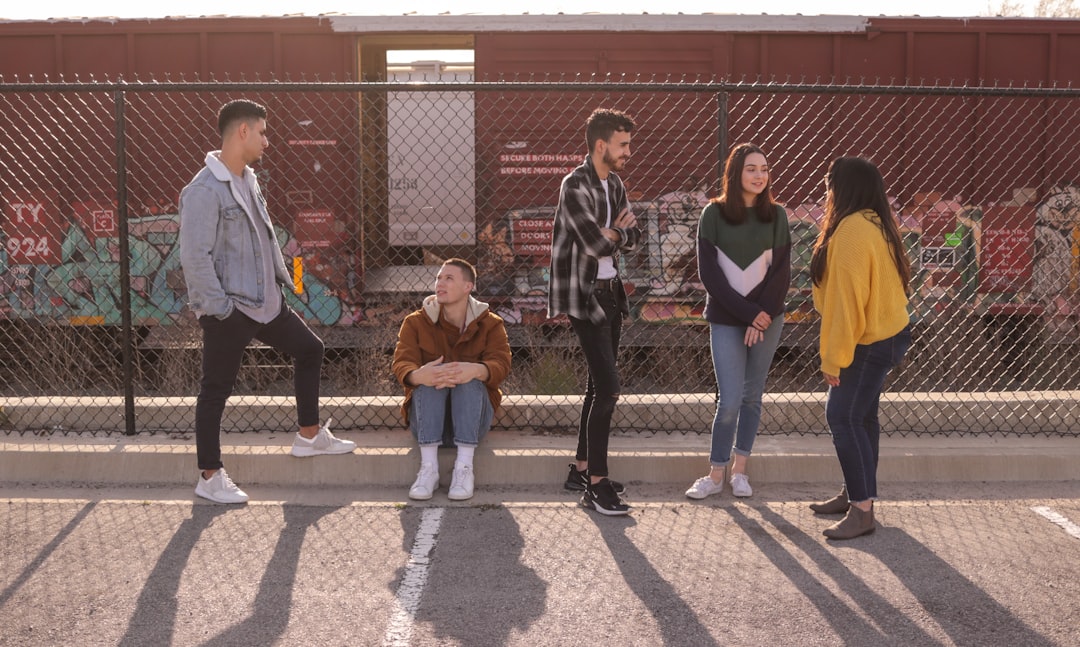Youth Worker Kaimahi Taiohi
Youth workers support young people to improve their health, education, training and employment opportunities.
Ara Taiohi, the national body for youth workers and youth work organisations, recommends working towards membership of Korowai Tupu, the professional association for youth workers.
Youth workers may do some or all of the following:
- build relationships with young people and their families/whānau and peers
- establish relationships with communities, schools, training providers and employers
- provide support, information and resources
- help young people connect with social services
- plan, deliver and evaluate programmes and events for young people
- write reports, prepare funding applications and manage budgets.
Useful Experience
Useful experience for youth workers includes:
- voluntary work with youth, such as at a youth work agency, or sports coaching
- work that involves helping people, such as teaching, counselling, social work, community work or church work
- work with an iwi or Māori community or social service, or with people from a variety of cultures.
Personal Qualities
Youth workers need to be:
- good leaders and communicators who can relate to people of all ages and cultures
- good problem solvers who can remain calm in an emergency
- honest, ethical and impartial, and able to keep information private
- energetic and enthusiastic, with a sense of humour
- able to work well under pressure
- well organised.
Skills
Youth workers need to have knowledge of:
- how to work effectively with young people
- practices and resources that are useful for working with young people
- youth culture and their communities
- physical and mental health issues among youth
- laws and policies that affect young people.
Youth workers specialising in working with Māori communities also need to have knowledge of te reo Māori and tikanga (language and culture).
Conditions
Youth workers:
- may work full time or part time, shifts, long or irregular hours, or be on call
- work indoors in youth centres, community facilities and offices, schools, homes, churches, marae and government agencies, or outdoors when running camping or sports activities
- may travel locally to meet people they work with, and nationally to attend workshops.
Subject Recommendations
There are no specific secondary education requirements for this job, but NCEA Level 2 health education, social studies and te reo Māori are useful.
For Year 11 to 13 learners, the Gateway programme is a good way to gain relevant experience and skills.
Related Courses
Youth Workers can earn around $48K-$60K per year.
Pay for youth workers varies depending on experience, responsibilities and location.
- New youth workers usually earn minimum wage or a little more.
- More experienced youth workers in usually earn $55,000 to $60,000 a year.
- Senior youth workers who work as team leaders can earn between $58,000 and $74,000.
Many youth workers work part time. Some do part or all of their job as volunteers, or receive payment for expenses only.
Sources: Seek, 2023; Te Ora Hou Aotearoa, 2022; Youth Alive Trust, 2022.
With further training, youth workers may move into social work, counselling or teaching roles.
- Social worker job information
- Counsellor job information
- Primary school teacher job information
- Secondary school teacher job information
Youth workers may specialise in working with Māori or other communities.
Years Of Training
1-2 years of training usually required.There are no specific requirements to become a youth worker. However, most employers prefer you to have a relevant qualification such as a New Zealand Certificate in Youth Work (Level 3 or 4), a New Zealand Diploma in Youth Work (Level 6), or a similar qualification in a Māori context.
You will need to pass a police check, and hold a full driver's licence if travel is involved.
Senior level youth worker qualifications
To work as a senior youth worker you need either a New Zealand Diploma in Youth Work (Level 6) or a Bachelor of Youth Development.
- Careerforce website - New Zealand Diploma in Youth Work
- Unitec website – Bachelor of Health and Social Development (Youth Development)
- WelTec website – New Zealand Diploma in Youth Work
- University of Canterbury website - Bachelor of Youth and Community Leadership
The Vulnerable Children Act 2014 means that if you have certain serious convictions, you can’t be employed in a role where you are responsible for, or work alone with, children.

 Lynfield College
Lynfield College